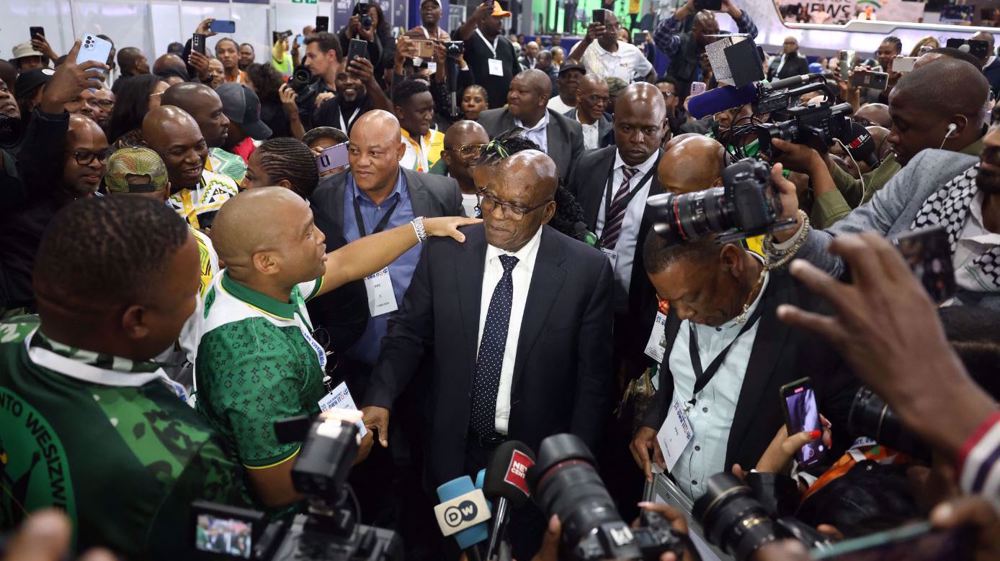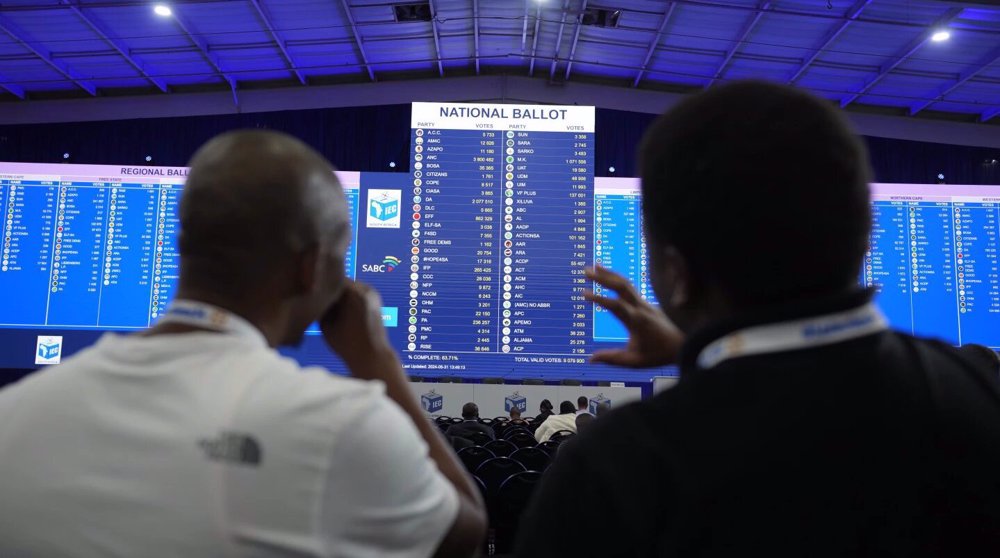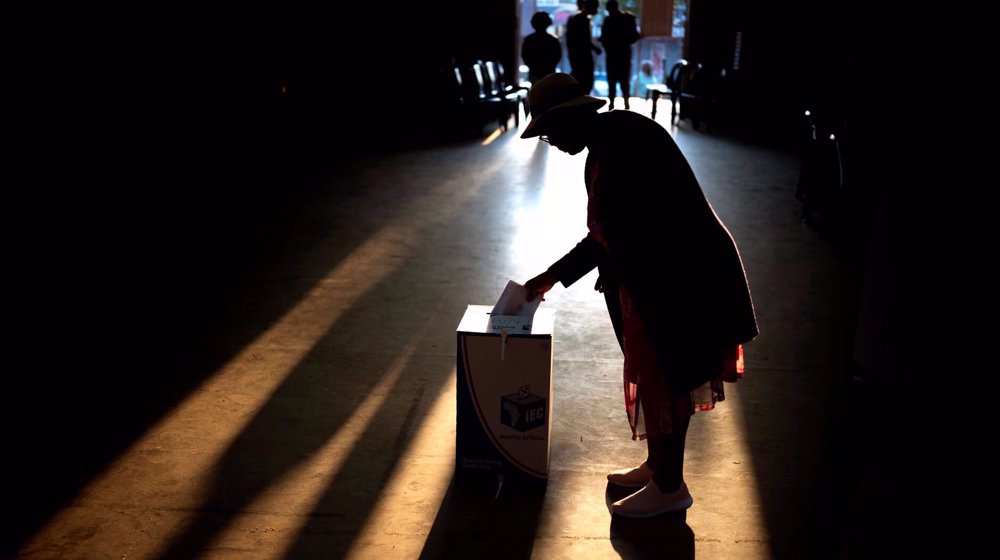Burundi president in Bujumbura after coup attempt
Burundi's presidential office says President Pierre Nkurunziza has returned to the capital, Bujumbura, after a military coup attempt by the African country’s former intelligence chief ended in failure.
Willy Nyamitwe, a senior communications adviser at Nkurunziza's office, said on Thursday that the 51-year-old president is back in the country but stopped short of specifying his whereabouts because of what he described as “security reasons.”
Nkurunziza was in the Tanzanian capital, Dar es Salaam, where he attended a regional meeting on Burundi's political situation Wednesday.
Earlier on Thursday, gunfire could be heard in various corners of Bujumbura as rival army factions clashed around the state television and radio complex.
State radio, which had gone off the air, returned after presidential loyalists took control of the broadcast center, and coup supporters withdrew from the area.

There are reports that pro-Nkurunziza soldiers are currently in control of the presidential palace, while the situation at Bujumbura's international airport remains unclear.
The developments came a day after Major General Godefroid Niyombare, who was fired by Nkurunziza as intelligence chief in February, used privately-owned radio stations to announce the president's dismissal. Nkurunziza's office says security forces are looking for the coup leaders to bring them to justice.

More than 22 people have been killed and scores injured since late April, when the National Council for the Defense of Democracy - Forces for the Defense of Democracy, which is the ruling party in Burundi and known by its French acronym, CNDD-FDD, nominated Nkurunziza as its candidate for the June 26 presidential election.
Also over 50,000 Burundians have fled the violence to neighboring nations in recent weeks, with the United Nations preparing for thousands more refugees.
Burundi, a small nation in Africa’s Great Lakes region, emerged in 2005 from a brutal 12-year civil war. In October 1993, Melchior Ndadaye, the first democratically-elected president of Burundi, who came from the Hutu ethnic group, was assassinated after only 100 days in office. The assassination triggered deadly ethnic violence between Hutus and Tutsis, another ethnic group in Burundi.

Nkurunziza, a former rebel leader from the majority Hutu tribe, has been Burundi’s president for two legal five-year terms. His intention to seek a third term is viewed by the opponents as a clear violation of the constitution and the Arusha peace agreement, which marked an end to the civil war. The two documents limit the president’s stay in office to two five-year terms.
The incumbent president, however, has rejected claims that he is violating the constitution by seeking to remain in power, arguing that he can still run for president as his rise to power after the civil war did not come through direct votes.
MP/MHB/SS
9,300 Palestinians languishing in Israeli prisons: Rights group
VIDEO | Yemenis express solidarity with Gaza at Eid al-Adha prayers in Sana'a
VIDEO | Iran votes
Factbox: Artistic works of Bashir Biazar, Iranian ace musician jailed in France
Muslim world marks Eid al-Adha as Gaza genocide continues
VIDEO | Press TV's news headlines
IRGC says spots terrorist-breeding agencies in neighboring countries
Leader pardons, commutes sentences of 2,654 inmates










 This makes it easy to access the Press TV website
This makes it easy to access the Press TV website